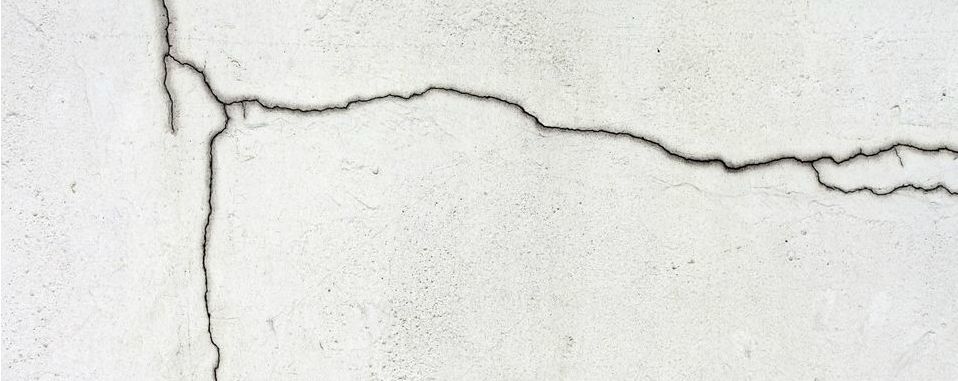Recognizing and Troubleshooting Different Foundation Cracks

Finding a crack in the foundation of your home can be a frightening discovery. You need to know whether it is the normal cracking that can occur in concrete with the changing of seasons or whether the problem is more serious.
Believe it or not, there are different types of foundation cracks – but a good rule to live by is that if the crack is wide enough to fit a dime into, you should get it checked out by the professionals. If you are unsure whether professionals are needed, it is always best to err on the side of caution.
The following outlines the various types of cracks you might find in your foundation and what the solutions are:
Step Cracks
Like the name suggests, these are cracks that are both vertical and horizontal, often forming a stair-like pattern. These cracks can allow water to come in from the outside and get into the basement. If they are found in the cinder blocks themselves, take them seriously and call a foundation specialist.
In severe cases, extensive cracks might cause concrete blocks to heave out of the ground or become uneven. If this happens, the foundation specialist might recommend a process called mudjacking which involves using pressure to raise the slab back up to an even position.
Horizontal Cracks
If you notice a crack that is running horizontally along the foundation wall, this can be a serious problem as well. Such cracks may be an indication that the integrity of the wall has been compromised by freeze-thaw cycles or from pressure due to groundwater.
Vertical Cracks
Vertical cracks can also be indicative a serious issue. For example, if the cracks run from top to bottom and they are found on two adjacent walls, it could be a signal that the footing of the foundation is broken.
The same type of crack on only one wall might mean there has been some concrete shrinkage.
In most cases, the best way to conduct the necessary repairs is from the outside. The most serious cases will require excavation of the ground surrounding the foundation so that the foundation specialists can fully repair the crack with hydraulic cement. This creates a rubbery and waterproof barrier that stops additional moisture from seeping into the basement. The area is then covered with a dimpled membrane. While this process can be rather expensive, it can save the homeowner from a much costlier problem down the road.
Not all cracks are serious enough to require professional repair. If you do notice small cracks in your foundation, it is a good idea to mark them with tape and check them again after a few months. If the crack is not growing, most homeowners should be able to make repairs themselves simply by filling in the crack with epoxy or expandable foam. On the other hand, if the crack is growing, it should be examined by professional foundation specialist.
The professionals at Conterra Foundation & Repair Ltd. can determine the reason for the foundation crack and offer solutions on how to best address the problem. Contact us today and our team of experts will be ready to help.